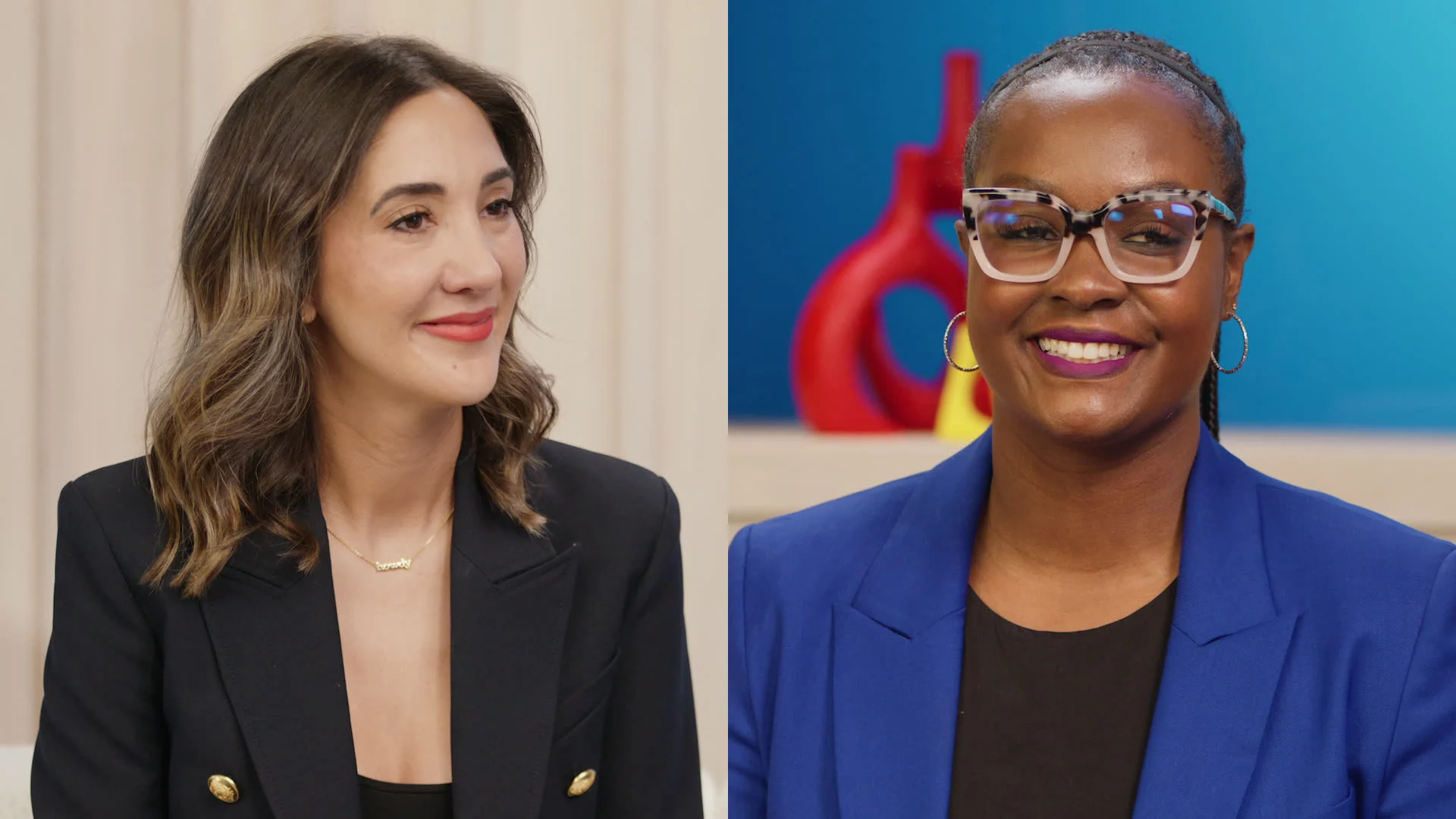A political consultant from New Orleans, Steven Kramer, 56, faced significant legal challenges after orchestrating artificial intelligence-generated robocalls that mimicked former President Joe Biden. These calls were sent to New Hampshire Democrats during the state’s presidential primary in January 2024, leading to charges of voter suppression and impersonating a candidate. However, Kramer was acquitted of all charges on Friday, following a trial that highlighted the potential risks and regulatory gaps concerning AI in political campaigns.
Background of the Case
Kramer admitted to sending a message to thousands of voters two days before the primary. The AI-generated voice, resembling that of President Biden, used his well-known phrase, “What a bunch of malarkey,” and suggested that participating in the primary could prevent voters from casting ballots in the November election. The message stated, “It’s important that you save your vote for the November election. Your votes make a difference in November, not this Tuesday.”
Kramer’s Defense and Intentions
Kramer testified in Belknap County Superior Court, explaining that his actions were intended as a wake-up call regarding the dangers of AI in political contexts. He paid a New Orleans magician $150 to create the recording and stated that his New Year’s resolution was to raise awareness about the unregulated use of AI technologies in campaigns.
“This is going to be my one good deed this year,” Kramer recounted during his testimony, emphasizing his concerns over the lack of regulations in AI applications.
Legal Arguments and Jury Decision
Prosecutors argued that the robocalls undermined the integrity of the primary election. However, Kramer’s defense redirected criticism towards the Democratic National Committee (DNC). At President Biden’s behest, the DNC had removed New Hampshire from the early slot in the 2024 nominating calendar, though they later backed down from not seating the state’s delegates. Despite not being on the ballot, Biden won as a write-in candidate.
Kramer’s defense argued that the primary was an unsanctioned straw poll by the DNC, rendering the state’s voter suppression law inapplicable. Furthermore, they contended that Kramer did not impersonate a candidate since Biden’s name was not mentioned, and he was not a declared candidate at the time.
The jury acquitted Kramer of 11 felony charges of voter suppression, each potentially carrying a seven-year prison sentence. Additionally, he was cleared of 11 charges of candidate impersonation, which could have resulted in a year of imprisonment per count.
Official Response and Broader Implications
New Hampshire Attorney General John M. Formella emphasized the state’s commitment to enforcing election laws and addressing challenges posed by emerging technologies like AI. “We will continue to work diligently to protect the integrity of our elections,” Formella stated.
Despite the acquittal, Kramer faces a $6 million fine from the Federal Communications Commission (FCC). Kramer indicated he would not pay the fine. Meanwhile, Lingo Telecom, the company responsible for transmitting the calls, settled for $1 million in August.
The FCC, which did not comment on the case, had been developing AI-related rules during Donald Trump’s presidency. However, there appears to be a shift towards potentially loosening regulations. While numerous states have enacted laws to regulate AI deepfakes in political campaigns, a recent clause added by House Republicans to a tax bill aims to prohibit states and localities from regulating AI for a decade.
The Future of AI in Politics
The case underscores the growing impact of AI technology in political campaigns and the urgent need for comprehensive regulations. As AI continues to evolve, its role in shaping political discourse and election integrity will likely remain a contentious issue.
For more insights on technology trends, follow us at aitechtrend.com.
Note: This article is inspired by content from https://www.cbsnews.com/boston/news/new-hampshire-jury-acquits-consultant-ai-robocalls-biden/. It has been rephrased for originality. Images are credited to the original source.








